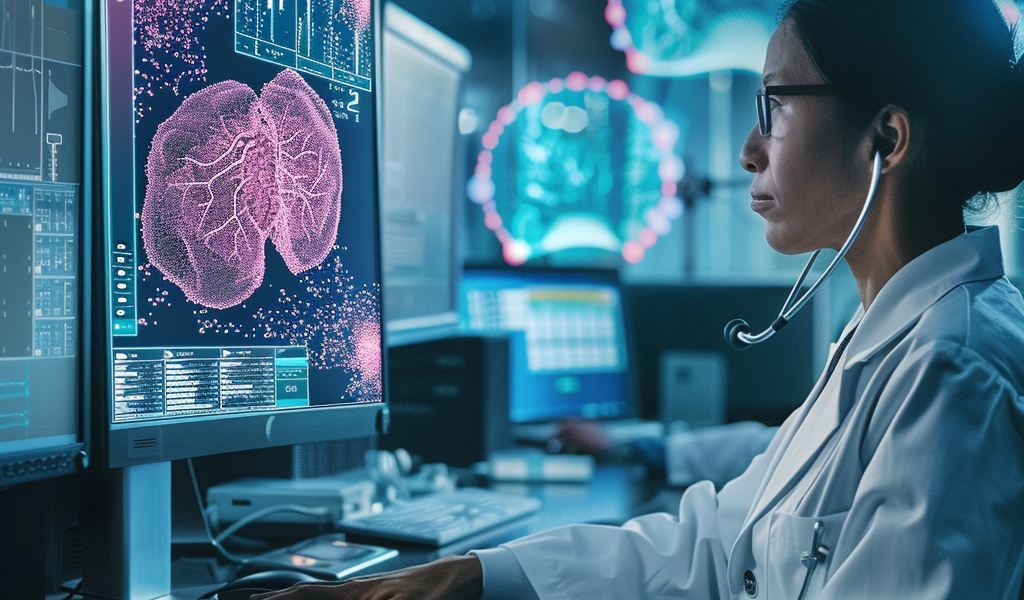Artificial intelligence (A.I.) is revolutionizing the field of breast cancer screening, with clinics across the country now offering the innovative service of having mammograms read by both radiologists and A.I. models. This new approach is gaining attention for its potential to enhance the accuracy of breast cancer detection and potentially spot cancer earlier than traditional mammograms alone.
Currently, standard mammograms detect approximately 87 percent of breast cancers, with limitations in identifying cancer in younger women and those with dense breasts. Additionally, they can yield false positives, leading to unnecessary further testing, and may also identify precancerous conditions that may not pose serious health risks but still result in treatment.
Dr. John Lewin, chief of breast imaging at Smilow Cancer Hospital and Yale Cancer Center, acknowledges the imperfections of current mammogram technology, stating, “It’s not a perfect science by any stretch.”
While experts are enthusiastic about the potential for A.I. tools to enhance breast cancer screening accuracy, they also express concerns about the effectiveness of these tools across diverse patient populations and their impact on breast cancer survival rates.
Understanding A.I. Analysis in Breast Cancer Screening
Mammograms contain a wealth of information about breast tissues and ducts, with certain patterns indicating potential signs of cancer. A.I. models can detect subtle patterns that may be challenging for human radiologists to differentiate from normal breast tissue. Dr. Katerina Dodelzon, a radiologist specializing in breast imaging at NewYork-Presbyterian/Weill Cornell Medical Center, notes that A.I. models can sometimes identify abnormalities that are not visible to the human eye.
The potential of A.I. in breast cancer screening has sparked excitement within the medical community, as it could significantly improve the accuracy of breast cancer detection, a disease that affects 300,000 women annually in the United States. However, the effectiveness of A.I. tools across diverse patient demographics and their impact on breast cancer survival remain key areas of concern.





